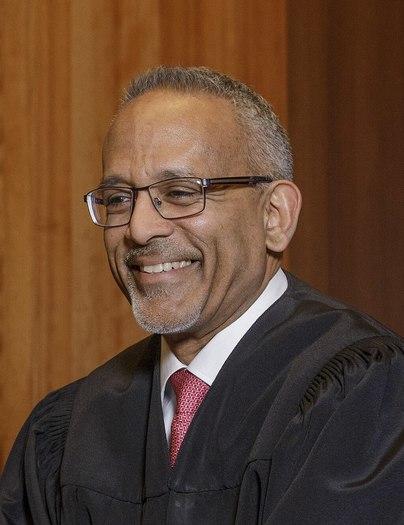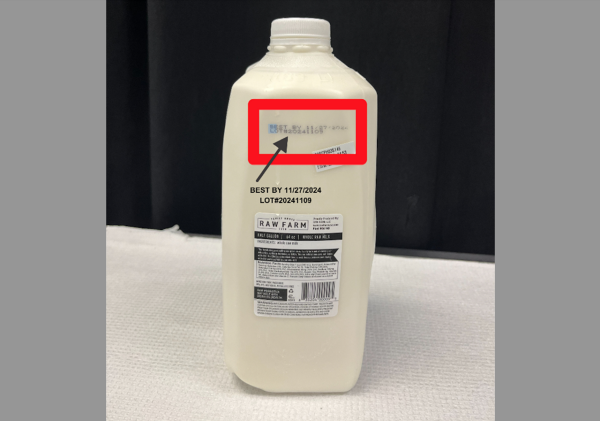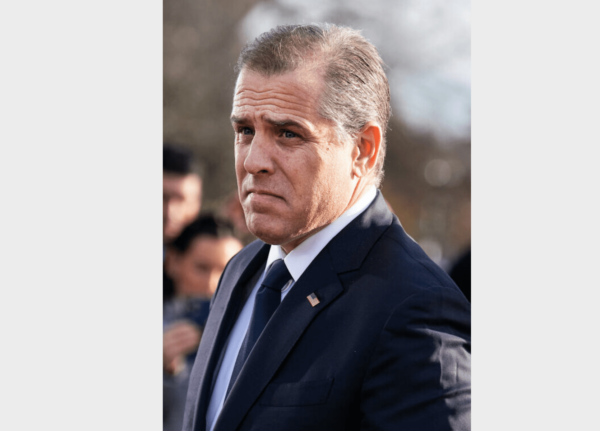By Suzanne Potter, Producer
On Nov. 19, President-elect Donald Trump called on the U.S. Senate to stop confirming President Joe Biden’s nominees to federal judgeships, even as civil rights groups are pressing for the opposite.
Some 26 of Biden’s nominees still need Senate approval; five of them from California.
Lena Zwarensteyn, senior director of the fair courts program for the Leadership Conference on Civil and Human Rights, is part of a coalition that recently wrote to senators, urging them to prioritize Biden’s nominees.
“There are about 900 lifetime judges,” Zwarensteyn explained. “The first Trump administration had 234 confirmations. We could be facing that again, which would mean more than half of the judiciary may end up being judges who have been appointed by the incoming president.”
The Biden administration has confirmed 218 judges over the past four years, and the Senate had scheduled multiple votes last week. Republicans have taken votes to slow the process down but Democrats are motivated to get it done before they lose the majority in January.
Zwarensteyn noted federal judgeships are lifetime appointments.
“Every single one of the seats that we can fill now hopefully will be with somebody who is fair-minded, ethical, and does have a commitment to everybody’s rights,” Zwarensteyn stressed. “I think this is an important guardrail for our democracy, especially knowing the threats ahead.”
Federal judges often make highly consequential decisions on topics including educational equity, immigration, fair pay, access to health care and the constitutionality of book bans.







